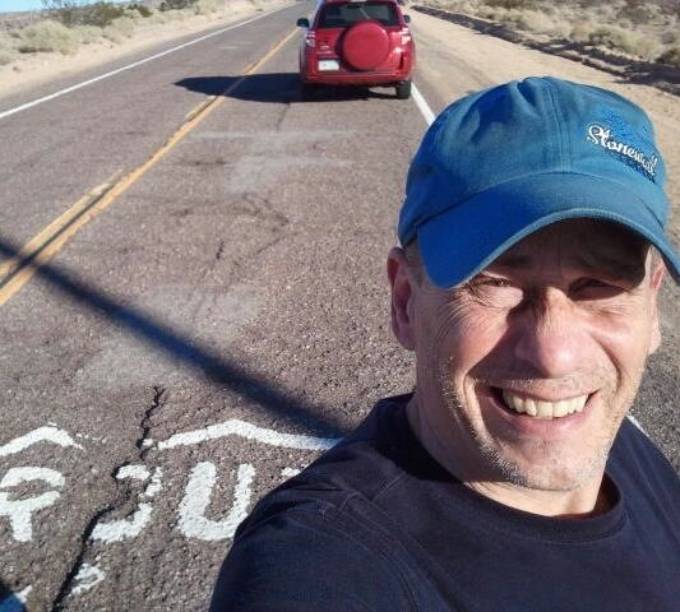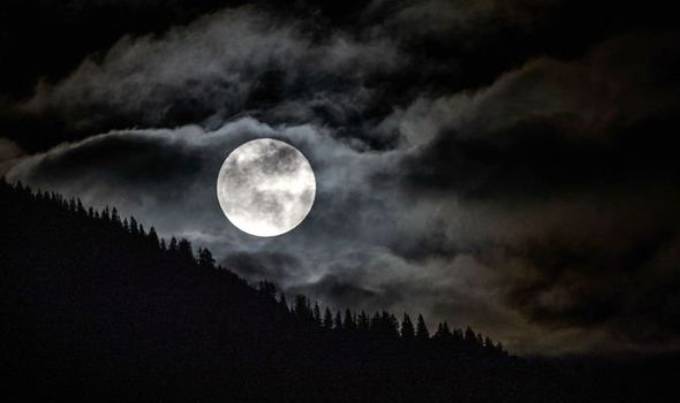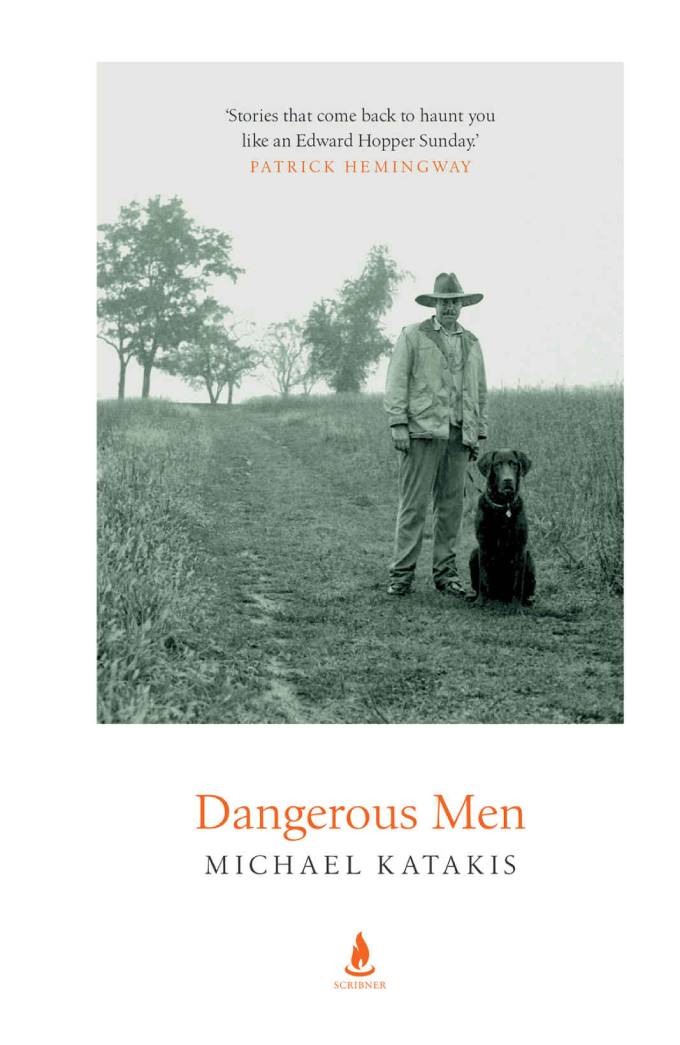Chasing Steinbeck’s Ghost—a new Kindle book by the author of Dogging Steinbeck—details the actual and speculative timelines of Travels with Charley, John Steinbeck’s 1962 account of his 1960 road trip with his wife Elaine’s poodle. According to Bill Steigerwald—an investigative reporter with a journalist’s skepticism about the claims of creative nonfiction—Steinbeck fabricated characters, conversations, and events to make points while covering his tracks when facts conflicted with the purpose or the persona of his 10,000-mile odyssey “In Search of America.” After Steigerwald set out to retrace Steinbeck’s journey in 2010, he discovered that Steinbeck’s dates and places frequently failed to compute, particularly at points where Elaine flew in to rough it with her husband and had to be edited out of the story. Like Steigerwald’s Truth about Charley website, the Kindle book is written in lively, contrarian language that makes for informative and entertaining reading. Scholars and specialists who defended Steinbeck’s creative nonfiction when Dogging Steinbeck appeared are unlikely to be swayed by the sequel. Fans outside the academy will find it engaging and eye-opening—further evidence of John Steinbeck’s continued popularity with regular readers, and of the relevance of Travels with Charley to issues of fake news and America’s unresolved search for itself.
Archives for July 2020
New Kindle Book Traces Steinbeck’s Steps, and Fibs, In Travels with Charley
Decision to Close Steinbeck House Bad News for Salinas
In a July 24, 2020 San Jose Mercury News report that was picked up by wire services, plans were announced by the Steinbeck House in Salinas, California, to cease restaurant and catering operations indefinitely due to COVID-19. John Steinbeck was born in the handsome Queen Anne Victorian on Central Avenue near downtown Salinas in 1902; 70 years later a group of Salinas citizens created a nonprofit organization to purchase and preserve the home as an educational enterprise, supported by earned revenue from the restaurant and catering service run by volunteers on the first floor. Open five days a week to diners, many of them visitors from other states and countries, the restaurant quickly became a point of local pride, providing fine food at popular prices and feeding traffic to other local venues, including the National Steinbeck Center on Main Street. Says Dale Bartoletti—the retired Salinas educator and long-time Steinbeck House docent who has hands-on experience with the 122-year-old building—the decision to shutter the restaurant indefinitely was difficult but inevitable. “We donated several hundred dollars worth of food to a local church that provides daily meals to the homeless. Since then, we’ve served take-out dinner three nights a week and bought enough to see us through August 7, which will be our last Friday Night Dinner,” a popular feature of life in John Steinbeck’s home town before COVID-19 made dining out dangerous.
Like Steinbeck, Short Stories By Michael Katakis Show How Dangerous Men Can Be
John Steinbeck said Montana was the state he’d pick to live in if he hadn’t been born in California, or become a citizen of the world who now called Manhattan home. In the early short stories of The Pastures of Heaven (1932) and The Long Valley (1938), the author of The Grapes of Wrath and East of Eden showed how vast spaces, violent events, and the struggles of victims and villains conspire to make good men dangerous and dangerous men deadly, stripping the veneer off civilization to expose the coarseness, and the fineness, of the essential human grain. Like Steinbeck, the American writer Michael Katakis can claim global citizenship (Carmel, Paris, London), international connections (as a Fellow of the Royal Geographical Society and executor for Hemingway’s literary estate), and—as demonstrated in his latest book, Dangerous Men—an ability to transpose personal loss (the tragic death of his young wife, the anthropologist Kris L. Hardin) into a particularized locale (rural Montana) as remote from most readers’ experience as Hemingway’s Pamplona or Steinbeck’s Big Sur.
Dangerous Men is Michael’s first work of fiction, and “Hunter’s Moon”—the most nakedly autobiographical of the interconnected short stories in the collection—was written in Montana 16 years ago, long before Kris died from a brain tumor. Much of the rest of the writing was done over coffee or an appertif at a Paris-boulevard café, in a process of self-recovery that one doubts is finished, or ever will be. The result is a work whose dark tone and deadly theme are announced in the epigraph from The Pastures of Heaven that opens “The Fence,” the first story; the second, “Home for Christmas,” ends with a bitter reversal worthy of O’Henry, or the occasional Steinbeck. The remaining stories recount the revenge odyssey of a wandering hero with the wonderful name of Walter Lesser, a latter-day cowboy and Gary Cooper lookalike who ends up, like Tom Joad, as a larger-than-life legend. Raja Shehadeh, the author of Palestinian Walks: Notes on a Vanishing Landscape (2008), has described Dangerous Men as “a work of great sensitivity and lyrical beauty.” For fans of John Steinbeck, the Montana short stories of Michael Katakis are also a form of continuing communion with the spirit of The Pastures of Heaven—a place where violent events play out against vast spaces under the sign of the Hunter’s Moon. Highly recommended for Steinbeck readers and others safe-sheltering from the dangerous men in Washington, D.C.
Hunter’s Moon photograph courtesy of the Daily Express.





